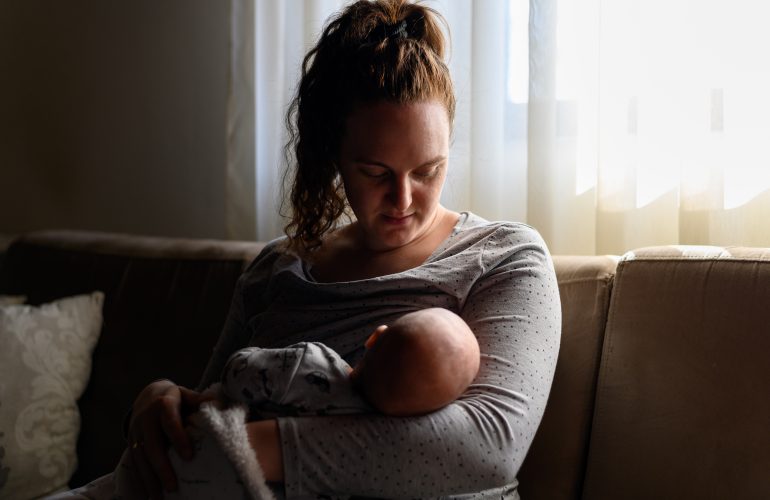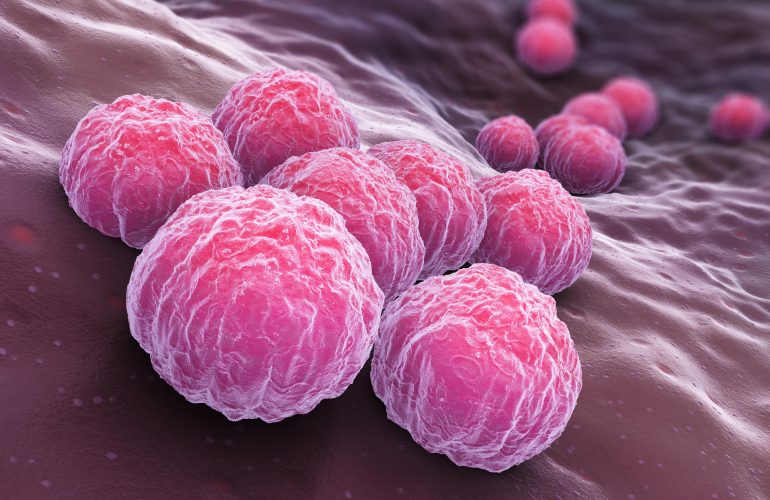Understanding Secondary Infertility: Causes, Diagnosis, and Treatment Options
For many couples, having a child is one of life’s greatest joys. But when the time comes to expand their family, some may find that conceiving a second or third child isn’t as easy as it was the first time. This condition, known as secondary infertility, affects millions of couples worldwide, causing confusion, frustration, and emotional strain.
What Is Secondary Infertility?
Secondary infertility refers to the inability to conceive or carry a pregnancy to term after previously giving birth. Unlike primary infertility, which affects couples who have never had a child, secondary infertility occurs after one or more successful pregnancies. It can be just as emotionally challenging as primary infertility, as couples often assume that since they were able to conceive before, they should have no trouble doing so again.
Common Causes of Secondary Infertility
Several factors can contribute to secondary infertility, many of which are the same as those causing primary infertility. However, certain factors may become more prominent after a first pregnancy:
- Age: As both men and women age, fertility declines. For women, the quality and quantity of eggs decrease significantly after the age of 35, making it harder to conceive. Men may also experience reduced sperm quality and quantity as they get older.
- Changes in Reproductive Health: After a previous pregnancy, issues like uterine scarring (due to a cesarean section or other surgeries), hormonal imbalances, or blocked fallopian tubes may develop, hindering conception.
- Male Factor Infertility: A decline in sperm quality or quantity in men, whether due to age, lifestyle changes, or health conditions, can also be a cause of secondary infertility.
- Lifestyle Changes: Weight gain, stress, and changes in diet or exercise habits can impact fertility. Smoking, excessive alcohol consumption, and exposure to environmental toxins may also play a role.
- Underlying Health Conditions: Conditions like polycystic ovary syndrome (PCOS), endometriosis, or thyroid disorders can develop or worsen over time, making it more difficult for couples to conceive.
- Complications from Previous Pregnancy or Birth: In some cases, complications from a previous pregnancy or delivery, such as infections or damage to the reproductive organs, can contribute to secondary infertility.
Diagnosis of Secondary Infertility
If you’ve been trying to conceive for a year or more (or six months if the woman is over 35) without success, it’s time to consult a fertility specialist. The diagnostic process for secondary infertility is similar to that for primary infertility and typically includes:
- Medical History Review: Your doctor will review your previous pregnancy, birth experiences, and any health changes since your last child.
- Physical Exams and Blood Tests: These help identify any underlying hormonal imbalances, health conditions, or reproductive issues.
- Ultrasound or Hysterosalpingogram (HSG): These imaging tests can check for blockages or abnormalities in the uterus and fallopian tubes.
- Semen Analysis: A semen analysis will determine the quantity, quality, and motility of sperm, helping identify any male factor infertility issues.
Treatment Options for Secondary Infertility
The treatment for secondary infertility depends on the underlying cause, but there are several effective options available:
- Lifestyle Modifications: Sometimes, simple changes like losing weight, reducing stress, quitting smoking, or improving diet and exercise can boost fertility.
- Fertility Medications: Drugs like clomiphene citrate (Clomid) or injectable hormones can help stimulate ovulation in women or improve sperm production in men.
- Assisted Reproductive Technologies (ART): Procedures such as in vitro fertilization (IVF) or intrauterine insemination (IUI) may be recommended if other treatments fail. ART is often successful in overcoming issues related to age, reproductive health, or male factor infertility.
- Surgery: If structural issues like blocked fallopian tubes, uterine fibroids, or scarring from previous births are identified, surgery may be necessary to correct them.
- Donor Eggs or Sperm: In cases where age or low fertility rates are significant, donor eggs or sperm may be an option to increase the chances of conception.
The Emotional Impact of Secondary Infertility
Secondary infertility can be emotionally challenging, especially when couples face unexpected difficulties after previously conceiving without issue. The emotional toll can be compounded by feelings of guilt, frustration, or confusion. Many couples experiencing secondary infertility also feel isolated, as friends, family, and even doctors may assume that having one child means there shouldn’t be any fertility issues.
It’s essential to seek support during this time, whether through counseling, support groups, or talking openly with friends and family. Many couples find comfort in connecting with others who understand the unique emotional aspects of secondary infertility.
Conclusion
Secondary infertility is a complex and often misunderstood condition, but with the right diagnosis and treatment plan, many couples go on to successfully conceive again. If you’re struggling to have another child, don’t hesitate to reach out to a fertility specialist. Early intervention and understanding the available options can significantly improve your chances of growing your family.
For any of your fertility problems, please do not hesitate to contact us. At Fertility Solutions we pride ourselves with the excellent tailored personal care we provide to our patients for their specific needs. A team member will contact you as soon as we get your message, and construct a personal treatment plan for your fertility problems in the country of Cyprus. You can also contact our clinics directly through the links below.
Cyprus Crown IVF Contact: https://en.cypruscrownivf.com/contact
Cyprus American IVF Contact: https://www.cyprusamericanivf.com/contact-us/
Dr. Halil Ibrahim Tekin (Dr. HIT) Youtube: https://www.youtube.com/@dr.halilibrahimtekin1715
Cyprus American IVF Youtube: https://www.youtube.com/@AmerikanTupBebekMerkezi




